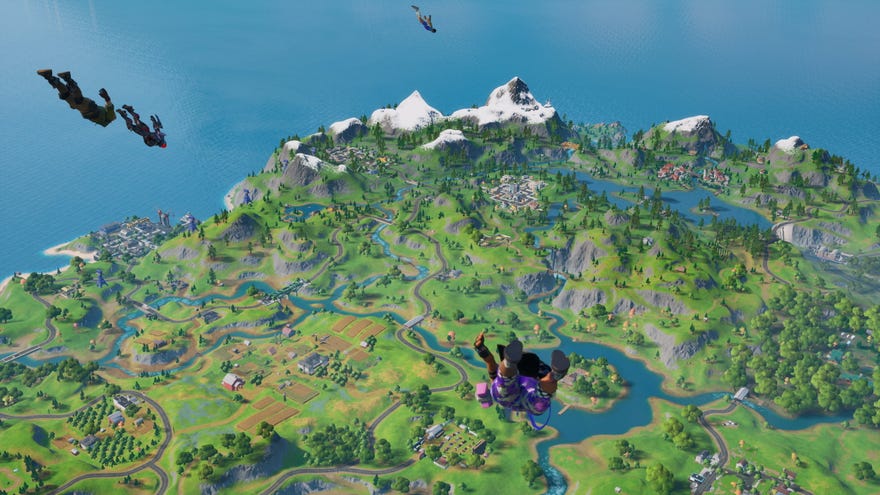There's insufficient evidence to call gaming disorder its own clinical condition, report says
Well, yeah
Researchers feeling out an edge of what some call 'gaming disorder' have said they "do not believe sufficient evidence exists to warrant thinking about gaming as a clinical disorder in its own right." Their study looked at adolescents who play loads of video games and came to the conclusion that the games aren't the problem, more the wider world is full of problems and young'uns are playing games seeking relief. This study both asked British teenagers about gaming habits and asked their caregivers about their emotional and social health too.
The 2018 study, written up with the catchy name Investigating the Motivational and Psychosocial Dynamics of Dysregulated Gaming: Evidence From a Preregistered Cohort Study, looked at a spread of 1000 teenagers aged 14 or 15 in Great Britain. The teens were asked about what they played and with whom, while caregivers were asked to answer a widely-used questionnaire about the behaviour of the teens. The results are little surprise to me.
"Our findings provided no evidence suggesting an unhealthy relationship with gaming accounts for substantial emotional, peer and behavioural problems," co-author Professor Andrew Przybylski, of the Oxford Internet Institute, said in a press release about the report.
"Instead, variations in gaming experience are much more likely to be linked to whether adolescents' basic psychological needs for competence, autonomy, and social belonging are being met and if they are already experiencing wider functioning issues. In light of our findings we do not believe sufficient evidence exists to warrant thinking about gaming as a clinical disorder in its own right."
Basically, if a teen's playing lots, it's likely to be down to underlying issues outside gaming. Video games are providing comfort and fulfilling needs not met elsewhere. The excessive gaming's an effect of problems, not the cause.
This comes in the wake of the World Health Organisation defining "gaming disorder" as a condition in a refresh of their International Classification of Diseases. They broadly see it as a condition where someone plays games so intensely that it has serious impact on their personal and professional lives over at least a year. Przybylski was one of the academics who opposed the classification in 2018 when it was only proposed, saying its addition would be too hasty and the issue needed more research.
Report co-author Dr Netta Weinstein, of the University of Cardiff's School of Psychology, added in last week's announcement: "We urge healthcare professionals to look more closely at the underlying factors such as psychological satisfactions and everyday frustrations to understand why a minority of players feel like they must engage in gaming in an obsessive way."
Which sounds sensible.
This doesn't get the games industry off the hook for exploitative and abusive behaviours, mind. There's still plenty of space within this understanding for games to be designed to draw people deeper in and wring money out them. I mean, that clearly does happen.
A recent (and surprisingly good) report from Parliament's Digital, Culture, Media and Sport (DCMS) Committee called for the games industry to help fund research into 'problem gaming' while also recommending that loot boxes should be regulated under gambling law. All pieces of a larger picture.
Given that the study we're talking about here focused on teens, I'd like to dig up another point from the DCMS report that's worth bearing in mind: "The industry's focus on parental controls does not address the needs of vulnerable adults who may struggle to maintain control over how much they are playing." Pieces of a large and frustrating picture.
I will concede I'm being generous to the study because it jibes with my own understanding of the 'problem'. Studies are just studies and all methodologies are limited. If you want to scrutinise it in depth, you can read the report on Sage Journals for free.









